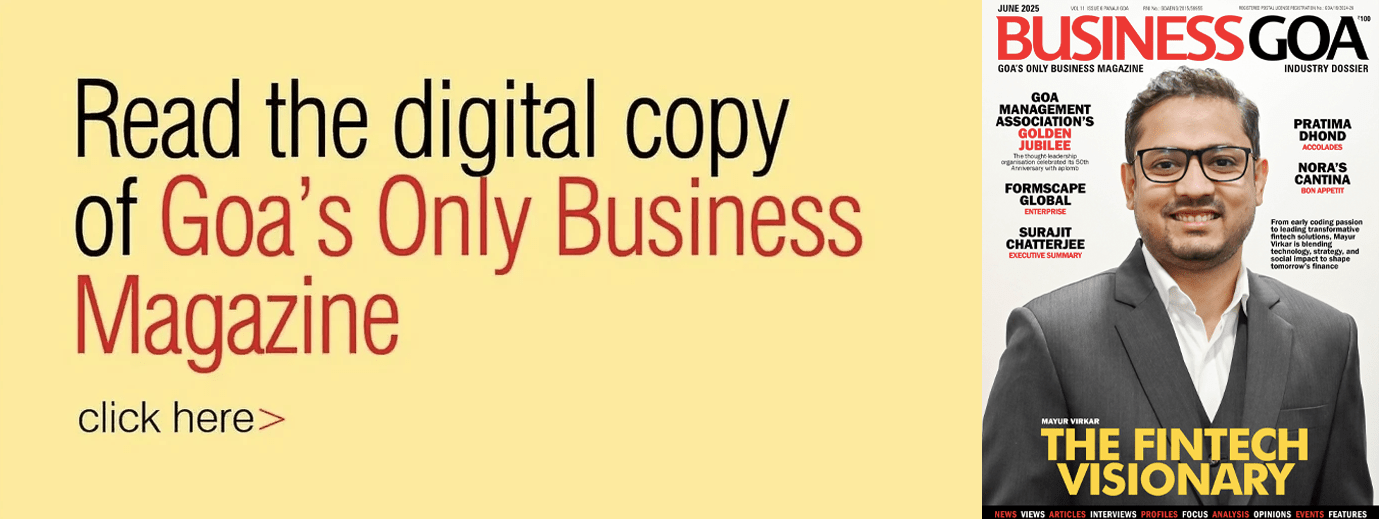
NANDINI VAIDYANATHAN elaborates on why entrepreneurs should be humble to ensure success in their venture
We were watching a documentary on Disney+ Hotstar a couple of days ago called Inside Tirumala Tirupati. There was a reference made to the ritual of devotees tonsuring their heads before going for the darshan. It was said that this ritual was a symbol of shedding one’s ego before going to meet god. And I said to myself: wouldn’t it be nice if there was some equivalent ritual for people before they become entrepreneurs!
Because wily nily, your entrepreneurial journey will make you eat humble pie at some point in time or another. The sooner it is, the less damaging for the business it is. And it’s not necessary that the effect is only devastating. As corporate history has shown us, many times it could lead to mind-blowing innovations. Walter Diemer was an accountant in Fleer Chewing gum factory in Philadelphia in the 1920s. The management took a decision to cut costs by making its own gum base. Diemer was very unhappy with the decision as he felt that the quality of the chewing gum took a beating. He tried to reason with management on reversing the decision but the President shut him up by saying, you are just an accountant, what do you know about product or customer.
Diemer’s ego was hurt and he started experimenting with gum bases at home. After several experiments, he invented a recipe that made the chewing gum elastic and not brittle. He test-marketed it at a local store and the chewing gums were sold out in no time. He gifted it to his management as he did not patent the recipe nor did he ask for compensation. Diemer’s satisfaction was that he made the President eat humble pie by creating the iconic Wrigley’s brand!
Why is ego considered bad in business? According to Sigmund Freud, human beings have three psychological states – the id is the foundation that encompasses all our wants, desires and fantasies, the super ego is the overhead structure that defines dos and don’ts, our moral compass as it were, and the ego is sandwiched between the two and learns to balance between what it wants and what is permissible by society.

In this sense, the term ego is not loaded with value judgement. It is just a state of being. But practically in all religions, there is a demand that ego be effaced for the good of society. When you say someone is egoistic, the synonyms that come to mind are selfish, aggressive, obsessive and maniacal. And as is evident, these traits are singularly repulsive in an entrepreneur who aspires to build an organisation.
How does this ego manifest in an entrepreneur? Firstly because the idea for the product is his, he has hubris that only he can build the product and only he can create an organisation around the product. His ego comes in the way of listening to sensible advice with respect to product features, customer segmentation, building partnerships, hiring competent teams and building a great workplace. The expression, my-way-or-the- highway has signaled doom for many a good idea. Co-founders who do not have clearly defined roles have fallen apart and damaged the company, thanks to this attitude.
Conversely, when entrepreneurs have had keen ears, they have succeeded in building phenomenal brands. Guy Laliberte wanted to start a circus company just when animal activists were raging against cruelty to animals. So he said, “I won’t use animals in my circus. I will create an exotic vaudeville show full of physically daring acts.” People said vaudeville is passe, people like song and dance. So Laliberte said “I will combine the best elements of Broadway with gravity-defying physical acts.” And the brand Cirque du Soleil was born and blew everybody’s imagination away!
Secondly, the ego manifests when a customer criticises his product. I have heard many entrepreneurs dismissing customers by saying: what does he know? He is an idiot. He does not know what’s good for him (he includes she). It is quite likely that the customer does not know what’s good for him. He did not know how his music-listening behaviour was going to be changed by a computer company called Apple or his lifestyle would be rescripted by an online company called Swiggy. But the fact also remains that Band-Aid would not have been invented by Erle Dickson and sold to Johnson and Johnson had he not convinced the reluctant customer that an adhesive bandage was better than cotton-wrapped-in-gauze!
Thirdly, the ego manifests in relation to the partners. Rarely do entrepreneurs understand the intricacies of collaborative partnerships because the ego in the entrepreneur comes in the way of creating an equal relationship. He sees himself as the driver of the carriage and therefore the only important one.
Marc Andreessen who had developed Mosaic, the first browser for National Center for Super computing Applications left the organisation in a huff as he felt he did not get due credit as the driver of the carriage. James Clark who created the iconic Silicon Graphics (which created Jurrasic Park) left his organisation in a huff as he fell out of favour with the investors. But the two collaborated and created Netscape which set off the internet boom on Wall Street.
Fourthly, the biggest ego hurdle is when it comes to the investor. The entrepreneur who sang yes sir yes sir three bags full sir, at the time of pitching for capital, after spending all the money, shrugs his shoulder like Humpty Dumpty and says: All the king’s horses and all the king’s men cannot put me together again!
The trouble is that every stakeholder in the entrepreneurial space has a fragile ego. But if the entrepreneur does not eat humble pie, his loss is greater and irreversible than all the other.





